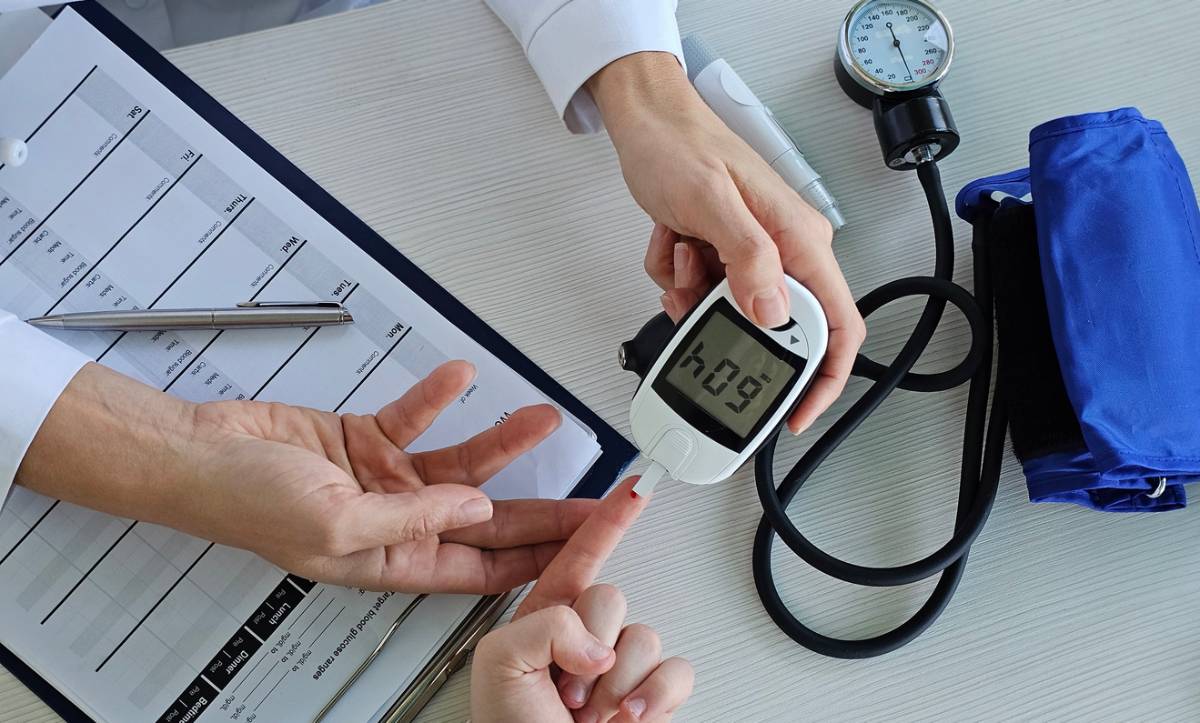Matching you and your kids with the right family medicine doctors is an essential part of lifelong health. However, every doctor has their limits. While family doctors treat a range of conditions, can a family doctor treat diabetes?
Can a Family Doctor Treat Diabetes?
Family doctors work with patients from childhood to even late adult life. Their broad knowledge makes them ideal for serving as the fulcrum for your health care. However, there are limitations to what they can do for you.
A family doctor can play an integral role in treating diabetes. However, the details will depend on your situation and the individual doctor. However, they usually remain involved mostly for prediabetes or diabetes type 2. Type 1 diabetes more frequently involves specialist care. Additionally, other individual factors will determine what your care team will look like.
Diagnosis
A family doctor will often be the first to spot signs of concern and recommend screenings. Family doctors largely serve as primary care providers, meaning they will routinely be evaluating your health.
If you have symptoms or risk factors, they can recommend initial screening tests, such as lab work.
Treatment & Management
A family doctor often remains involved in the initial management steps for diabetes. This may include services like:
- Providing prescriptions (such as metformin)
- Helping manage insulin (in straightforward cases)
- Providing counseling on lifestyle changes (diet, exercise, weight control)
Furthermore, a family doctor stays involved in monitoring your condition. If there are any changes in your symptoms, they are often the first to let know.
Specialist Referral
Your family doctor is an amazing resource for treatment. But they also are your connection to the broader medical community. In complex cases of diabetes, you will likely need a specialist’s involvement.
A family doctor then can make referrals to an endocrinologist or other specialist. Cases that might require referral are those that involve:
- Hypoglycemia
- Pregnancy
- Advanced complications (e.g., kidney disease)
- Need for specialized technology
- Difficulty managing blood sugar despite medications
- Additional present conditions
A Family Doctor as a Care Coordinator
Even if your family doctor is not directly treating diabetes, they continue to remain involved. Most importantly, they serve as a care coordinator.
Many patients may need to work with multiple specialists for managing diabetes. Such situations are complex, and they involve lots of health data, treatments, screenings, and more. Having someone to serve as the nexus for all the information is vital.
Otherwise, each specialist may not have a complete picture of your medical history. A family doctor can help.
Look for a Connected Family Doctor
Not all referrals are created equal. A quality referral comes from a doctor who is well connected to their medical community.
When a doctor makes a referral, you can ask them about this other doctor. They can help you get an idea of who you will be seeing. Your family doctor can also provide information about how to prepare for your first visit with a specialist. Remember, you can often ask for a different referral if the first doctor is not a good match.
When Should I See a Specialist Immediately?
If you experience certain red-flag symptoms, you may need faster treatment. Your doctor will inform you about a full list of symptoms to watch out for. However, some common ones include:
- Unexplained weight loss
- Frequent hypoglycemia
- Blurry vision
- Tingling in your feet
Find Your Family Doctor in Abilene
At West Texas Health, we aim to provide a health care center where every patient in Abilene can be matched with a skilled specialist. Call us today to learn more about our family care providers.



